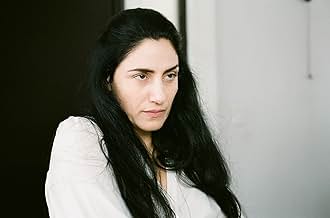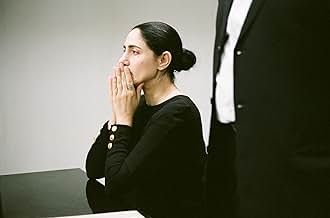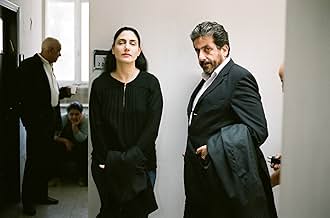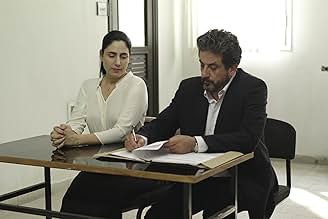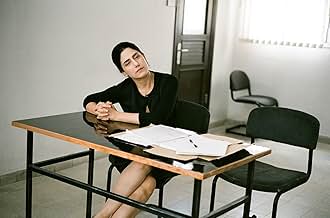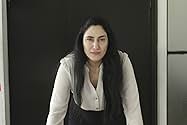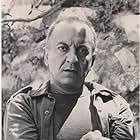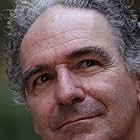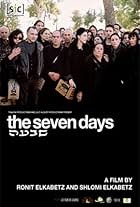The title character is a secular Israeli Jew trying to get a divorce from her devoutly religious Orthodox husband who refuses to comply. As the Israeli court system cannot grant a divorce without the husband's consent, Viviane has a very uphill struggle.
With the exception of a minute or so, all of this film takes place in a small courtroom with occasional scenes in an adjoining waiting room. As the courtroom looks bland and ordinary, this film deliberately takes on the challenge of maintaining viewers' interest within such constraints. In doing so, it succeeds with flying colours.
This is due to a detailed script with various surprises and a superb cast especially Ronit Elkabitz in the title role. (She is also the co-director and co-writer with Shlomi Elkabitz, her brother.) She has a couple of explosive scenes that are riveting especially one in which she cathartically expresses the views of many of us in the audience.
The various accounts of the plaintiff, defendant, witnesses, and lawyers provide all the detail in what could have been a solid movie about a disintegrating marriage, Ingmar Bergman-style. Incidentally, some of the witness accounts from relatives and neighbours are the most revealing aspects of the story and of the culture of a religious community.
In the end, it is the audience who are the true witnesses and judges of a legal system that is absurd and harshly unfair to women.




